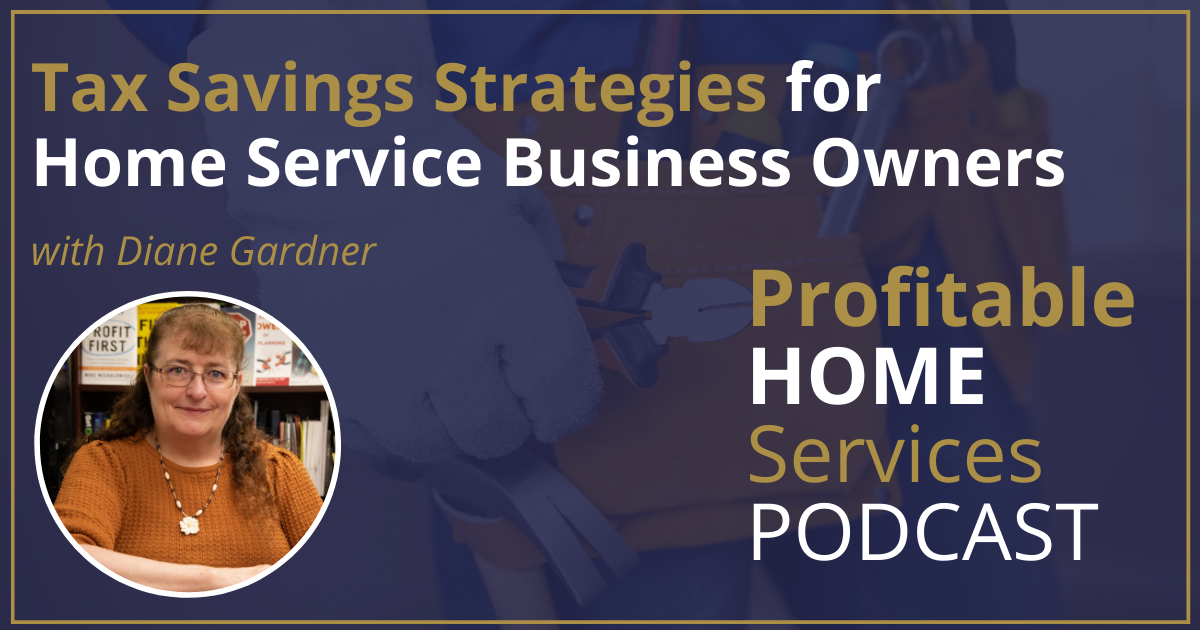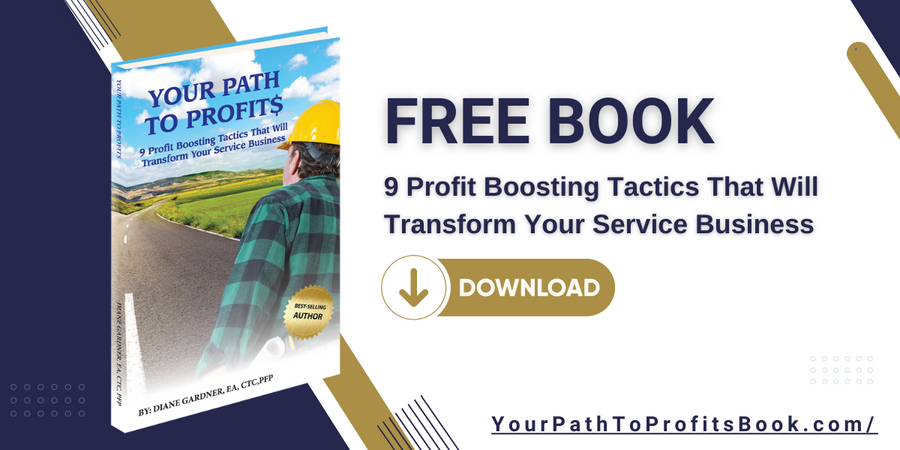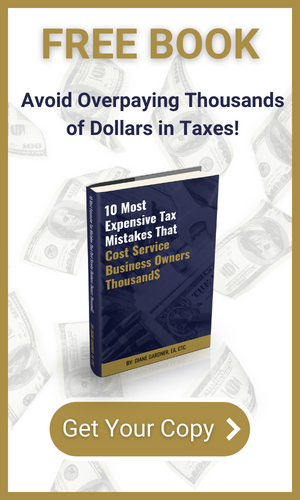Did you know that proactive tax planning can help home service business owners save a substantial amount of money? While simple strategies like buying equipment might seem appealing, the real trick lies in exploring deeper tax saving strategies. Just to put this into perspective, I have helped my clients save over $13 million in income taxes through effective tax planning. Remember, it’s not just about how much you earn, but how much you keep.
In this episode:
- The difference between overpaying taxes and paying the legal amount and how that impacts you
- Exploring retirement plans like SEP IRA, Simple IRA, and 401k.
- Implementing the Augusta rule for tax-free rental income from your home.
- Writing off medical costs through a business.
- Considering the right business entity choice for liability protection and tax savings.
- Strategies to reduce capital gains through 1031 exchanges and other programs.
- How to find a proactive accountant that will be in your corner saving you money
The key moments in this episode are:
[00:00] Intro
[00:03] Tax Savings for Your Home Services Business
[04:39] Hiring Kids in Your Business and Using the Augusta Rule
[08:36] Leveraging Your Business for Medical Costs
10: 25 Choosing the Right Entity Type
[13:25] Maximize Profits with Captive Insurance and Cost Segregation
[16:27] Proactive Tax Planning Strategies
[20:38] Strategic Tax Planning
Importance of Proactive Tax Planning
Proactive tax planning involves strategically identifying ways to save on taxes throughout the year, not just during tax season.
Accountants should provide proactive ideas to save on taxes and ensure that the legal tax obligations are met.
Choosing the Right Retirement Plan
SEP IRA: Ideal for single-person businesses without employees, allowing contributions up to 25% of compensation.
Simple IRA: Suited for small companies with employee participation up to $16,000, with a business match option.
401(k): Offers flexibility with contributions up to $23,000 for employees and employer matches, enhancing tax planning benefits.
Unique Tax Saving Strategies
Employing Family Members: By hiring children to work in the business, taxable income can be passed down to them at lower tax rates, creating tax savings opportunities.
Augusta Rule: Renting your home to your business for legitimate business purposes can lead to tax deductions for the business and tax-free income for the homeowner.
Medical Expense Reimbursement: Establishing a medical expense reimbursement plan can allow for tax deductions on medical costs through the business, especially beneficial for married couples.
Choosing the Right Business Entity
Sole Proprietorship: Offers no liability protection and subjects profits to self-employment tax.
LLC: Provides liability protection but may still incur self-employment tax on profits.
S Corporation: Avoids self-employment tax on net profits, requiring a reasonable salary as per IRS guidelines.
Advanced Tax Planning Strategies
- Captive Insurance Company: Enables self-insurance for various risks, offering tax benefits and protection against unforeseen events like business interruptions.
- Cost Segregation: Accelerates depreciation for larger properties, front-loading deductions and optimizing tax savings.
- Capital Gains Mitigation: Utilizing strategies like 1031 exchanges, equipment rentals, and other tailored plans to reduce capital gains taxes effectively.
Finding a Proactive Accountant
Entrepreneurial Mindset: Seek accountants who actively look for tax-saving opportunities and maintain an entrepreneurial approach to tax planning.
Networking: Accountants with a strong network of tax-saving partners can provide additional insights and strategies for maximizing tax efficiency.
Effective tax planning is a vital component of financial success for any business. By strategically implementing tax-saving strategies, businesses can retain more profits and ensure long-term financial stability. Remember, it’s not about how much money you make but how much you keep. To delve deeper into tax planning strategies and profit-boosting tactics, consider consulting with a proactive accountant who can guide you through maximizing your business’s financial potential.






